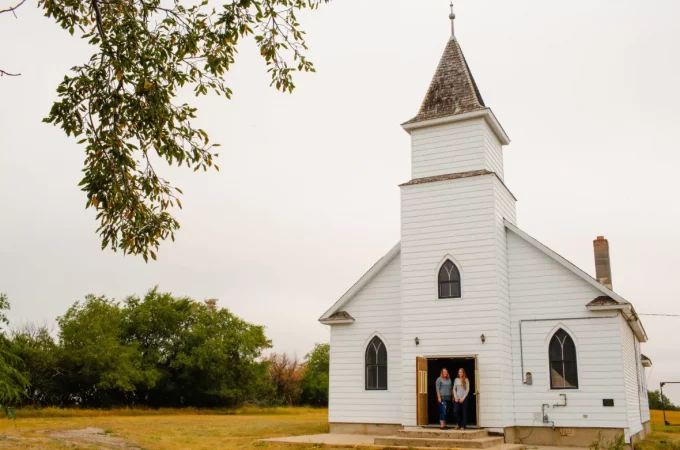My dog and I have a habit of visiting our neighbours at least once a week. After Final Jeopardy, maybe on a Tuesday or Wednesday, I ask George if she wants to go visiting, and my little cockapoo loses her little dog mind, races to the door, and charges down the hall to the neighbours. Generally the dog gains entry in much the same style as I imagine a cannonball might gain entry into a house of straw, and after about 10 minutes of general mayhem treats and cuddles, the dog passes out and the adults chat. This week, after a gripping Final Jeopardy (I even knew the final answer, thanks to a classics-loving high school teacher), we chatted about the whens and wherefores of state funerals in Canada. The topic came to mind as we discussed our thoughts on the legacy of the late Right Honourable Brian Mulroney – whose state funeral will be held on March 23.
There is no legal requirement that state funerals be held in Canada, and although most are held for federal-notables, the provinces also hold state funerals from time to time. It’s been an interesting dive down the rabbit hole of Canadian state funerals.
At the federal level, the customs have evolved to offer state funerals for former prime ministers and governors general, sitting cabinet ministers and from time to time for other eminent Canadians. Prior to the recent death of Brian Mulroney, Ed Broadbent was the most recent person to receive a state funeral. Mr. Broadbent was a long-time leader of the National Democratic Party, and at the time of his death a Privy Councillor. In January of this year, he became the first party leader who was neither prime minister nor leader of the opposition to receive a state funeral. Jack Layton, who had sat as leader of the opposition, was the only other person I could identify who had not sat as Prime Minister (although he was leader of the opposition), who received a state funeral.
I found that two former Prime Ministers have not received state funerals. I suspected scandal or intrigue behind these events, but alas, found none.
Alexander Mackenzie, who sat as our second Prime Minister from 1873-78, and who has been rated as number 11 in a ranking of Canada’s Best and Worst Prime Ministers[i], died not long after suffering a fall, did not receive a state funeral. Instead, services were held in Toronto and Sarnia, where Mackenzie had lived prior to entering politics. No explanation for why he did not have a state was readily available.
R.B. Bennet (Prime Minister from 1930-1935), who lived in England at the time of his death, is the only former PM not buried in Canada but in England. Mr. Bennett died of a heart attack while taking a bath in Mickleham. I have not been to Mickleham, but I suspect that there are worse ways and worse places to go. Notably, Mr. Bennet ranks only twelfth on the list of Canada’s Best and Worst Prime Ministers, but I do not think this ranking has anything to do with the ceremonies observed after his death.
Families may decline to have state funerals held for their loved ones. Former Chief Justice Bora Laskin’s family declined the offer of a state funeral, saying that he “liked things very simple”, and although he laid in state in the lobby of the Supreme Court, Laskin’s friends and families bid their farewells in a private service in Toronto. [ii]
Jane Martin, Estate And Trust Consultant Lead, Scotiatrust
[i] Hillmer, Norman; Granatstein, J. L. “Historians rank the BEST AND WORST Canadian Prime Ministers”. Diefenbaker Web. Maclean’s. Archived from the original on July 19, 2001. Retrieved March 27, 2012. This list was compiled in 1997.
[ii]https://news.google.com/newspapers?id=86BVAAAAIBAJ&pg=1254,3067048&dq=bora+laskin+state+funeral&hl=en


0 Comments